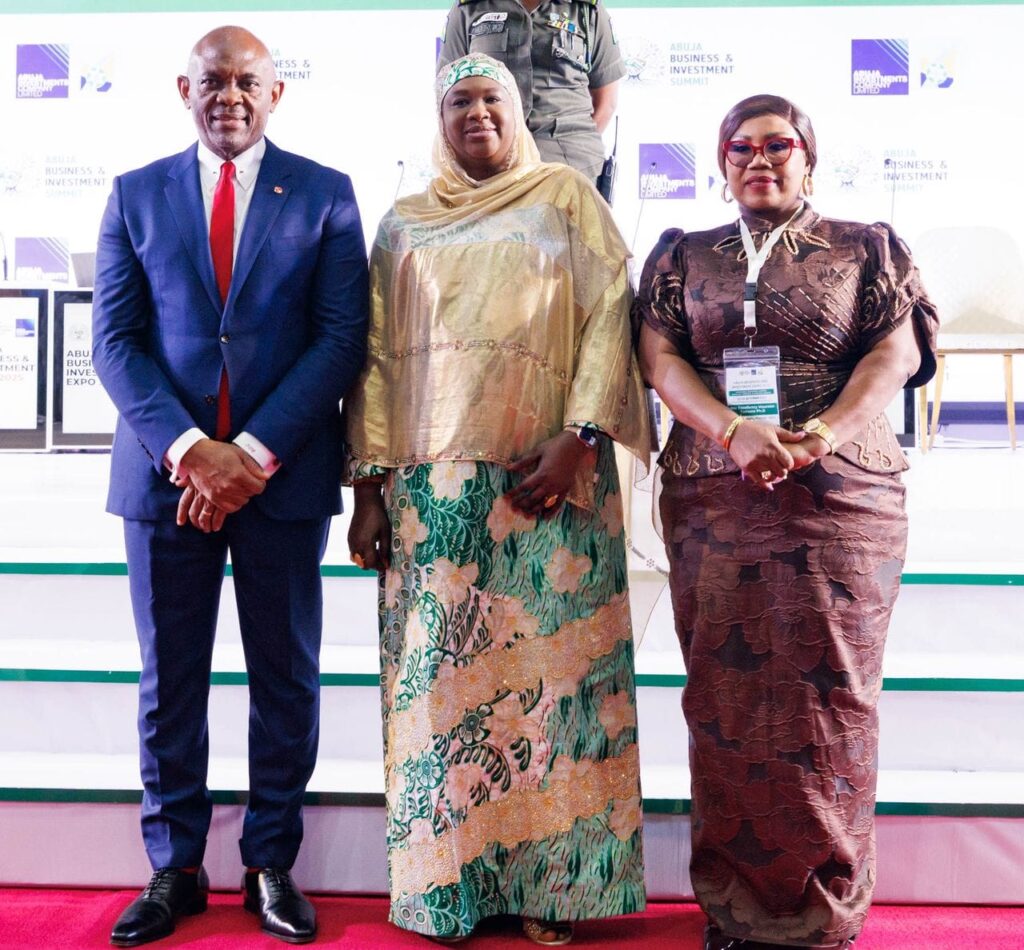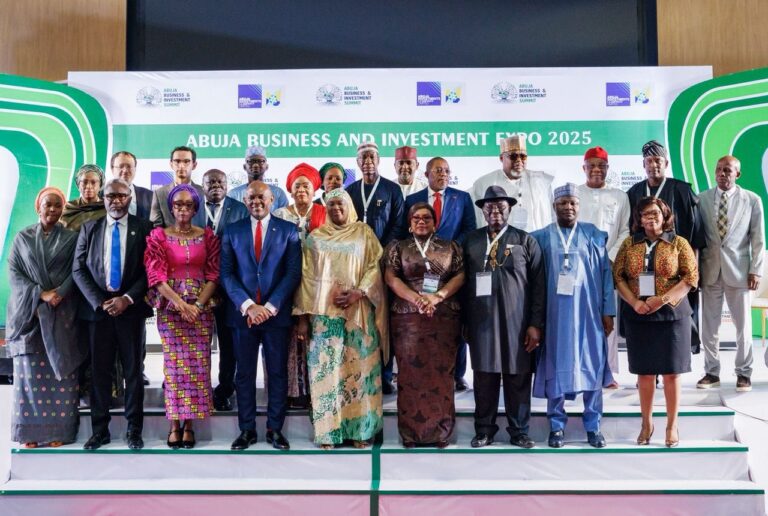On Wednesday in Abuja, the Group Chairman of Heirs Holdings, United Bank for Africa, and Transcorp, Tony Elumelu, advanced his Africapitalism philosophy, noting that the transformations in Africa can only be written in Africa and not in the boardrooms in Beijing, London, or New York.
Africa has an estimated population of 1.56 billion, constituting around 18 per cent of the world’s population. And more than 60 per cent of these 1.56 million people are said to be under 30 years old.
As the most populous nation on the continent, Nigeria currently has over 200 million people, which is estimated to grow to between 400 and 450 million by 2050, with about 72 per cent expected to be under 30 years old.
This data ranks Africa as the world’s youngest continent, “endowed with vast natural resources, a growing consumer market, and a dynamic entrepreneurial spirit.” Thus, to the Group Chairman of Heirs Holdings, United Bank for Africa, and Transcorp, Tony Elumelu, these endowments are virtues that could aid growth and development.
However, Mr Elumelu identifies the continent’s challenges to include “youth unemployment, infrastructure deficits, limited access to finance, climate devastation, and the lingering effects of global economic volatility.” He said overcoming these challenges will automatically lead to an economic boom for a continent identified with negative development indices.
Mr Elumelu, who spoke on Wednesday while delivering a keynote address at the Abuja Business and Investment Summit and Expo 2025, appealed for stronger collaboration between the public and private sectors to overcome the enumerated challenges.
This was as he warned against what he described as inconsistent government policies, noting that the lack of trust continues to scare investors away from the continent.
He spoke on the theme: “Private Sector Leadership at the Forefront of Africa’s Economic Transformation”. The Federal Capital Territory Administration FCTA organised the event through its investment arm, the Abuja Investments Company Limited.
On Africapitalism
In his usual manner, Mr Elumelu identifies strengths and opportunities on the continent. He, however, insisted that his philosophy of “Africapitalism” has proved that “Africa’s transformation must be led from within, by private capital that pursues both profit and purpose.”
He said Africa stands on the threshold of an extraordinary opportunity to build a new economy powered by innovation, enterprise, and private sector leadership.
He said, “No nation has achieved sustained prosperity without a vibrant private sector. Across Africa, the private sector already contributes over 70 per cent of the continent’s GDP and over 80 per cent of total employment.
ALSO READ: Education must go beyond inclusiveness to integration – Professor Omolewa
“But this is not just about numbers, it’s about influence and initiative. The private sector drives productivity, connects markets, mobilises investment, and builds resilience.
“From fintech start-ups in Lagos to renewable energy firms in Nairobi, from agribusiness entrepreneurs in Kigali to manufacturing innovators in Johannesburg, the private sector is reimagining what is possible for Africa. The task before us is to deepen this impact through innovation, entrepreneurship, and partnership.”
From UBA to Heirs Holdings, other investments
Mr Elumelu boasted of his group’s investments across power, hospitality, and financial services, which he claimed reflect the group’s long-term commitment to sustainable African growth.
He listed the group’s investment footprint in the Federal Capital Territory, including the Transcorp Hilton Abuja, which he described as a “world-class hospitality icon” and a “beacon of Nigerian excellence,” even as he cited the recent launch of a a 5,000-capacity Transcorp Event Centre, and the group’s stake in the Abuja Electricity Distribution Company (AEDC) as examples of how private investment can accelerate urban and economic development.
What policy somersaults can cause

Mr Elumelu advised against policy inconsistencies, unpaid obligations, and weak infrastructure, noting that they continue to undermine the productivity of private firms.
He said: “We have made progress, but challenges remain, including unpaid obligations on power generated and sold to the government that limit how fast we can move. That’s why today’s forum matters; honest dialogue is how we build an environment where private capital thrives. When investors succeed, the nation succeeds.”
The billionaire investor said no investor would commit funds to economies where the rules keep changing. He urged African governments to build an enabling environment marked by macroeconomic stability, reliable infrastructure, and predictable regulations.
He said: “For transformation to be sustainable, the private sector cannot act alone. We must establish a new social contract among governments, businesses, and citizens, grounded in trust, transparency, and a shared vision.
“Governments must create the enabling environment, sound macroeconomic policies, reliable infrastructure, and predictable regulations. In return, the private sector must uphold ethical standards, invest locally, and deliver tangible social impact.
ALSO READ: Property Tax: ACRC, other experts seek citizen-centred, tech-driven system in Lagos
“Public-private partnerships are the bridges that can turn ambition into achievement, whether in digital connectivity, agriculture, transport infrastructure, or power generation. For the private sector to deliver, government must support, sustain, and partner. Private capital is patient, but needs certainty.
“Predictable regulation attracts long-term investment; inconsistency drives it away. No investor will commit where the rules keep changing. Trust is the currency of investment, and policy stability converts trust into capital. We need consistency, rule of law, and infrastructure that enable businesses to thrive.”
Attracting capital
Mr Elumelu noted that for Africa to attract patient and purposeful capital, both the public and private sectors must uphold a new social contract based on transparency, ethics, and accountability.
He also advocated deepening Africa’s financial markets and promoting fintech innovation to unlock access to credit for small and medium enterprises, which he described as “the true backbone of our economies.”
Closing his remarks, Elumelu urged African leaders and entrepreneurs to take responsibility for the continent’s transformation rather than relying on external aid or imported solutions.
He said; “Africa’s transformation will not be written in boardrooms in New York, London, or Beijing. It will be written here, by African entrepreneurs, African investors, and African leaders.”
He, therefore, called on governments and the private sector to invest locally and champion an ethos of “building economies, not extracting profits.”

